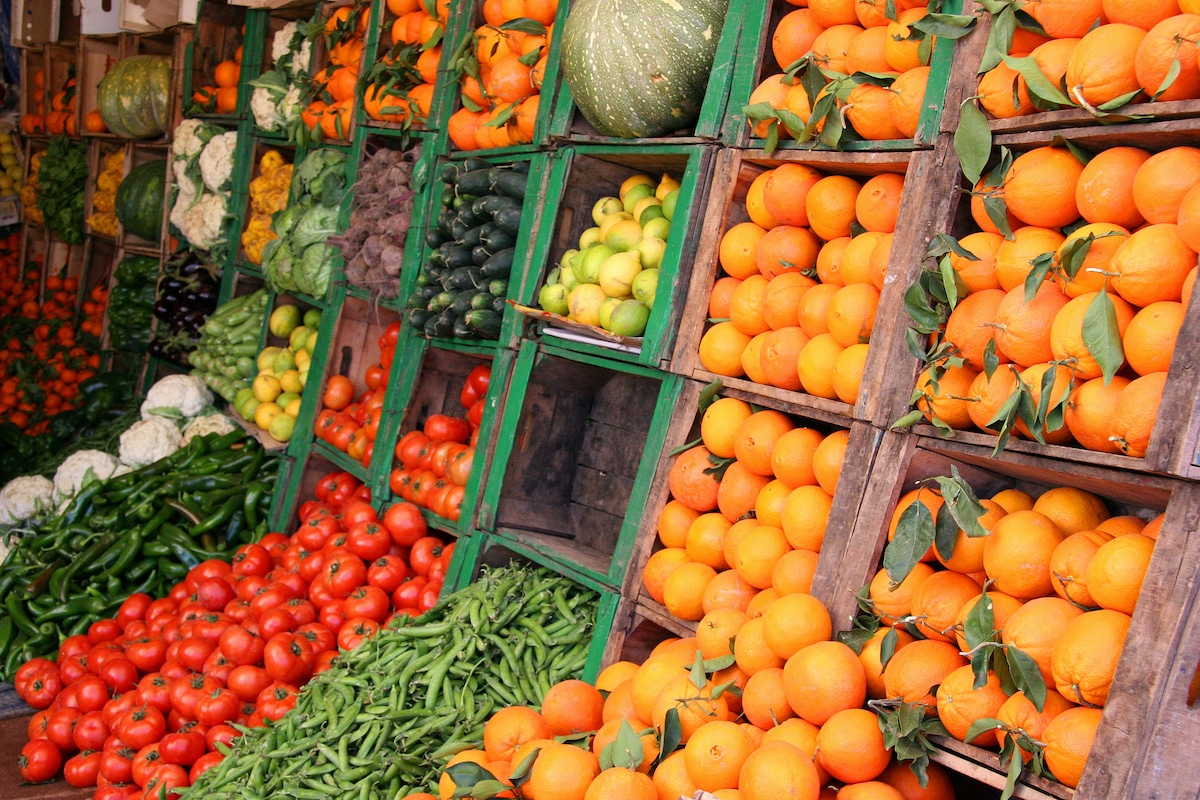WHEREAS the daily consumption of processed sugars and sweeteners has been linked to diabetes, metabolic syndrome, declining cognitive function and other health problems; and
WHEREAS the daily consumption of processed sugars and sweeteners cause damage in some ways similar to the effects of alcohol; and
WHEREAS Dry January provides a way for alcohol drinkers to give their organs a rest from processing alcohol and gives the “sober-curious” a way to see what life would be like without alcohol; and
WHEREAS there is already a tradition called Clean January;
NOW, THEREFORE, I propose the following:
- Embracing the tradition that’s already begun for those who want to eat better, but we’ll do it to see what life is like specifically without processed sugar and sweeteners,
- Said annual tradition is called Clean January (#cleanjanuary)
- But our version of Clean January gives the sugar-free-curious a chance to live without processed sugars and sweeteners, including but not limited to white sugar, brown sugar, honey, molasses, artificial sweeteners, corn syrup, and any form of sugar that has been stripped from its original, natural fibrous state.
- If it’s sweet and still attached to its natural fiber, it’s fine, such as fresh fruit (but not fruit juice) and brown rice (but not brown rice pasta).
Clean January, people. Let’s join in with a focus on sugar.
UPDATE: I completely failed to do this. I had the flu at the beginning of the month and need comfort cookies and other sweets. Then I got a different flu at the end of the month and needed comfort cookies and other sweets, and that was the end of staying off sweets.




A lofty goal – you inspire me!
I will do what I can.
That’s all we can do.
I’m very glad to see your proclamation. Later in life is too late to prevent metabolic disease, like diabetes, cancer, and cognitive decline. However, we can absolutely improve our health on the metabolic-cellular level at any time with good nutrition, exercise and positive outlook. Garbage in, garbage out. Cheers!
Well, arguably I AM later in life (57 and a half years old), but I’m making changes anyway. Thanks for the comment, Leilani.